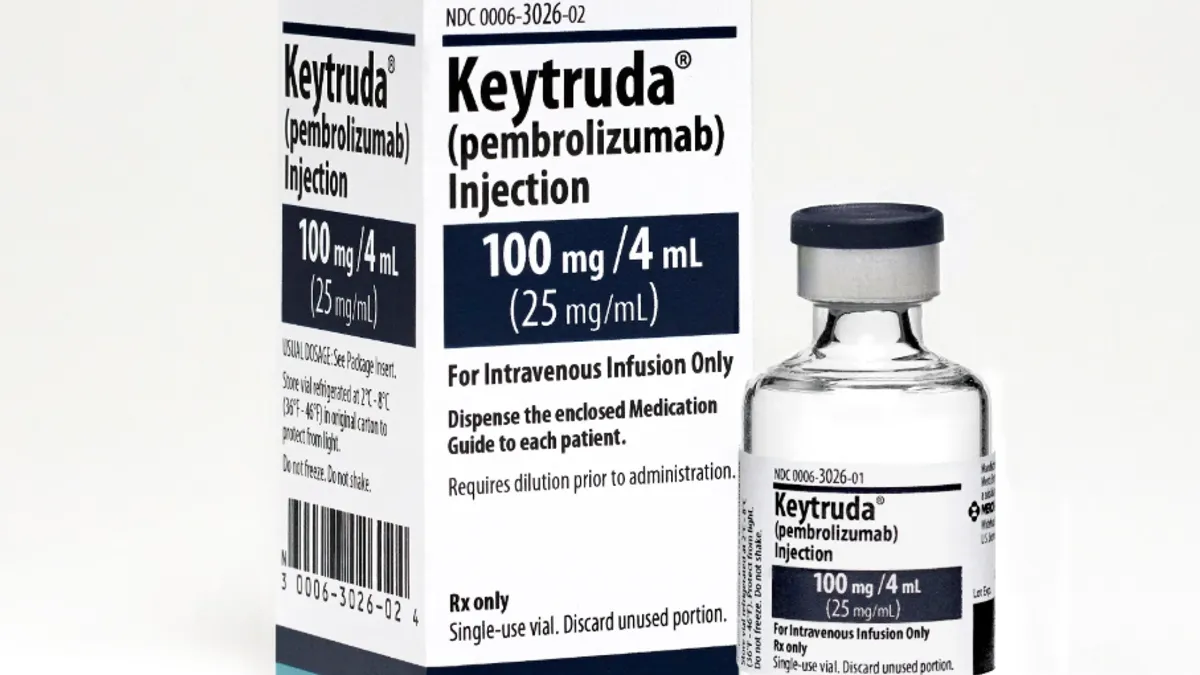 Getting Past the “Pharma Bro"
Getting Past the “Pharma Bro"
How Smaller Biotechs Continue to Strive for the Well-Being of Patients
Denis Corin, CEO of Q BioMed, believes Martin Shkreli’s actions drowned the positive work of hundreds of thousands of good corporate citizens in the industry.
PV: Martin Shkreli’s decision to increase the price of an inexpensive drug from $13.50 to $750 created a media uproar, reigniting
negative attitudes toward the life-sciences industry. Is there anything positive that can come from this?
Corin: It’s created a talking point, and it’s provided more focus on the pharmaceutical industry and biotechnology to a degree. His approach and his attitude is just not consistent with the majority of people in pharma development and certainly not true of the younger, smaller biotech companies that are truly the innovators and the driving force behind a lot of new drug creation. This attitude is not reflective of the way many of us do things or the reasons why we do what we do.
Quite candidly, in the smaller-cap biotech space, companies are being run on shoestring budgets, and we’re out there every day raising dollars wherever we can to develop these assets.
The way Shkreli’s positioned this — gouging people on this one particular drug — is not representative of what’s going on in the biotech innovation space. Every biotech CEO has to have some kind of philanthropy or philanthropic outlook on life when it comes to what he or she is doing. We have to be doing it for the ultimate good of the patients and their families and if we can do that, all things will fall into place and the company will do well. There will be ample profit for the shareholders and enough money to feed back into innovation and drug development.
PV: High drug prices are a real issue for many patients and an easy target for public scrutiny. How can biotech CEOs balance patient need against cost?
Corin: Companies, especially the big drug companies, provide a number of programs where they make drugs accessible to people who can’t afford them. For smaller companies, the regulatory pathway and the ability to bring products to market needs to be little bit easier and less costly.
I don’t think that regulating prices or regulating the industry any further is going to help with drug pricing, because we need innovators and entrepreneurs to be out there looking for ways to bring products to market with as few hurdles as possible.
But ultimately, the CEOs of these young companies need to have a good corporate citizenship outlook. A company has to be profitable and do well, but at the same time, we’re not out there to make every last penny we can out of sick and dying patients. We’re trying to make people’s lives better. We are trying to provide access to drugs at the best possible price, as affordably as possible, where everybody wins at the end of the day.
The expense of bringing a drug to market is, of course, significant and maybe companies could be a little bit more transparent in terms of how much it does cost to bring one particular drug to market. It’s not always the direct costs that should be considered either; it’s running an entire pharmaceutical company, the research and development of pipeline assets, the acquisition of other potential targets, the massive marketing spend required, etc., which have to be financed one way or another.
In the last five years or so, we have seen a tremendous amount of innovation coming from smaller biotech companies like ours. For example, our first asset at Q BioMed is a glaucoma eye drop treatment coming out of the research lab at Northwestern University. This first-in-class drug would bring a novel treatment to a large patient population of about 60 million people slowly going blind, for an indication that has not seen a successful new therapy for over 20 years.
This type of innovation and having biotechnology executives and entrepreneurs constantly striving to bring better products to market is ultimately going to result in superior, more effective drugs, better pricing, and broader access for patients.
PV: What does being a good corporate citizen look like?
Corin: Companies need to do a better job of telling this story. I’ve worked and have experience in big pharma through to small biotech, and everywhere I’ve been there has been a good corporate citizenship philosophy where ultimately it is patients who the company is trying to provide some comfort to or produce a better drug for. It’s about doing what we do for the right reasons and being able to try and provide that medication to people who really need it.
Of course, being a good corporate citizen also means being a profitable company and providing a good return to your investors and shareholders. At the same time, and within reason, we want to be able to make products as accessible and as affordable as possible.
PV: There is a lot of distrust of the industry. How can companies overcome this?
Corin: Unfortunately, in today’s world where we are force-fed media and headlines, the way Shkreli has acted and the way that it blew up in the media and social media creates a stigma. This is an election year so the politicians are going to climb all over the industry and try to capitalize on the pricing issue as best they can to get out their message.
If we look deeper down into what’s going on in biotech and certainly in my business in particular, we’re constantly looking for innovative drugs and assets that are under-recognized and undercapitalized. There are hundreds of really innovative products and drugs out there that we believe could make significant difference in people’s lives that are languishing because companies don’t have access to the capital and the resources they need. (PV)



















